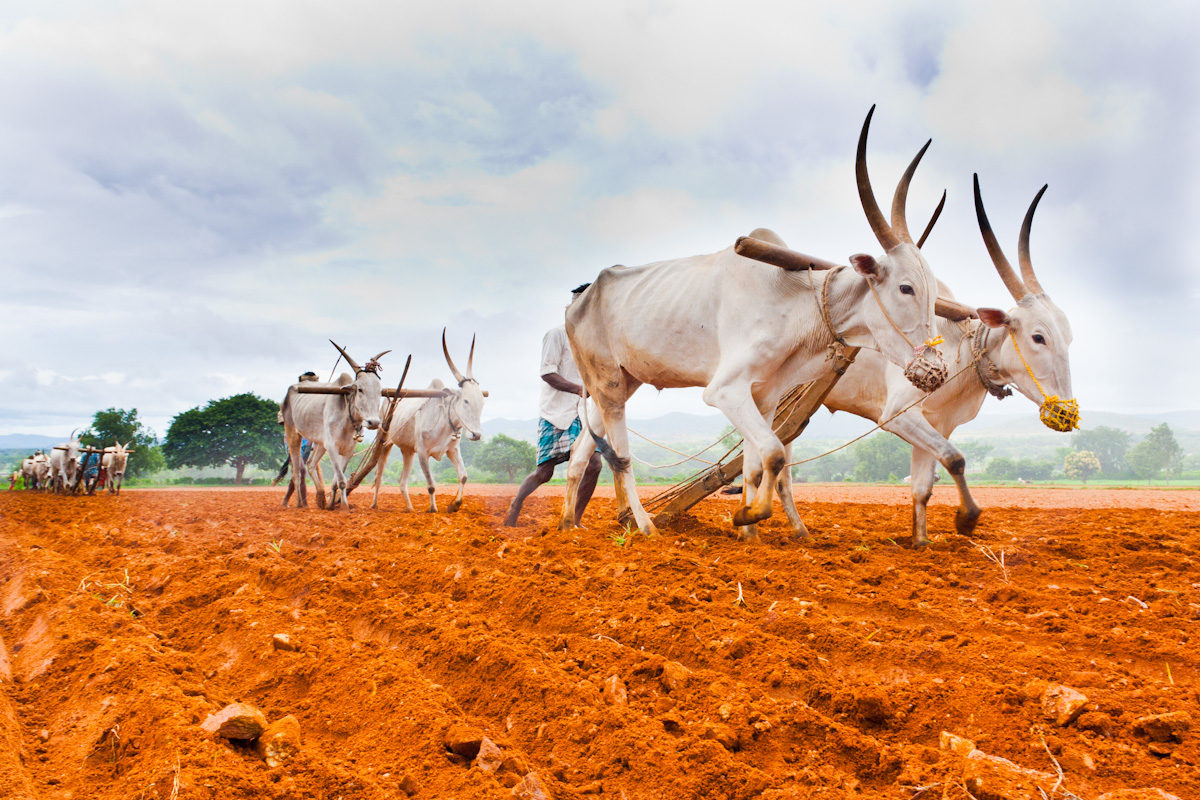India is an agrarian country with around 60% of its people depending directly or indirectly upon agriculture. Farmer suicides account for 11.2% of all suicides in India. In India we haven't done good research on farmers' suicides and in terms of mental health, this has always been seen as a social issue.
Suicide is the third leading cause of death among young adults worldwide. Suicide‡ is among the top three causes of death among youth worldwide. According to the WHO, every year, almost one million people die from suicide and 20 times more people attempt suicide; a global mortality rate of 16 per 100,000, or one death every 40 seconds and one attempt every 3 seconds, on average.
In India, the top 10 causes or correlates of suicide in 2009 were family problems (23.7%), illness (21%) [including insanity/mental illness (6.7%)], unemployment (1.9%), love affairs (2.9%), drug abuse/addiction (2.3%), failure in examination (1.6%), bankruptcy or sudden change in economic status (2.5%), poverty (2.3%), and dowry dispute (2.3%) according to the Ministry of Home Affairs, Government of India.

Source: indiaspend.com
Farmers Suicide causes in India
GMO crops
According to a report by Daily Mail, every 30 minutes an Indian farmer commits suicide as a result of GMO crops. In the last decade, more than 250,000 Indian farmers have killed themselves because of Monsanto’s costly seeds and pesticides. Globalization and monopoly have forced farmers to buy GMO seeds and since GMO crops have become pest resistant, the farmers have no choice but to purchase Monsanto’s popular herbecide.
Far from being 'magic seeds', GM pest-proof 'breeds' of cotton have been devastated by bollworms, a voracious parasite. According to the farmers GM seeds require double the amount of water. This has proved a matter of life and death. With rains failing for the past two years, many GM crops have simply withered and died, leaving the farmers with crippling debts and no means of paying them off.
Pro-GM experts claim that it is rural poverty, alcoholism, drought and 'agrarian distress' that is the real reason for the horrific toll.
In 2011, a review of the evidence regarding the relationship between Bt cotton and farmers' suicides in India was published in the Journal of Development Studies, also by researchers from IFPRI, which found that "Available data show no evidence of a 'resurgence' of farmer suicides. Moreover, Bt cotton technology has been very effective overall in India
Drought
India is facing the worst water crisis in a decade with 91 major reservoirs having no more than 29% water. As much as 79.5% of India's farmland relies on flooding during monsoon season, so inadequate rainfall can cause droughts, making crop failure more common. In regions that have experienced droughts, crop yields have declined, and food for cattle has become scarcer. Agricultural regions that have been affected by droughts have subsequently seen their suicide rates increase.
As many as 3,228 farmers committed suicide in Maharashtra in 2015, the highest since 2001, according to data tabled in the Rajya Sabha on March 4, 2016–that is almost nine farmers every day.
The number of suicides almost equal the number of people killed (3,477) by the Taliban, a global terror organisation based in Afghanistan, in 2014.
Vidarbha and Marathwada, with 5.7 million farmers, accounted for 83% of all farmer suicides in Maharashtra in 2015.
Pesticide exposure
Some 80 farmers in the village of Badi committed suicide between January and March of this year, according to the Times of India. Home to more than 2,500, Badi village (Madhya Pradesh) has had more than 350 suicides over the last two decades, affecting nearly every family in the village.
While the epidemic likely has several contributing factors, excessive pesticide exposure and financial stress are being singled out as two major contributors. A psychiatrist based in Indore, the largest city of the Indian state of Madhya Pradesh, suspects that the suicides are related to depression and schizophrenic episodes among villagers caused by pesticides.
"In a study some years ago in China, where a large number of farmers in a particular area were committing suicide, it was found that insecticides used there contained organophosphate, which is highly toxic and causes depressive mental conditions.
Source: Indian J Psychiatry. 2012 Oct-Dec; 54(4): 304–319., indiaspend.com, dailymail.co.uk, Accidental Deaths and Suicides in India 2007. New Delhi: Ministry of Home Affairs, Government of India; 2009. National Crime Records Bureau., timesofindia.indiatimes.com/, naturalnews.com. Bt Cotton and Farmer Suicides in India: An Evidence-based Assessment doi/abs/10.1080/00220388.2010.492863
